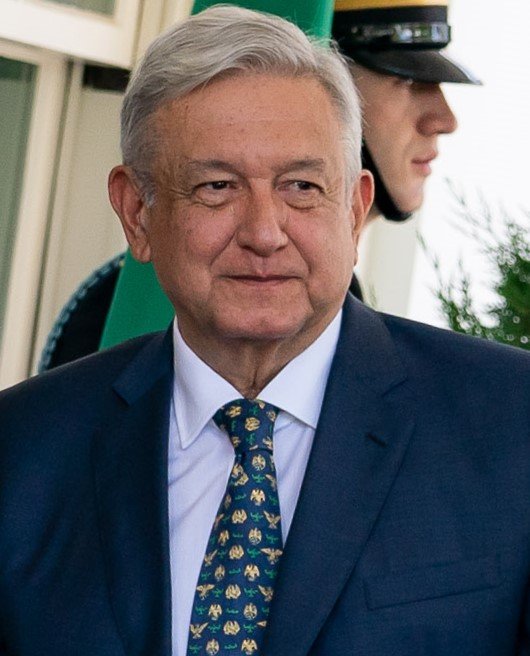Mexican Government Accused of Using Spyware to Track Journalists and Activists
Mexican President Andrés Manuel López Obrador pictured in 2020 (Wikimedia Commons).
Recent reports show that the Mexican government continues its use of spyware to monitor journalists and political activists whose work exposes government corruption. Findings from the University of Toronto’s Citizen Lab and Mexican digital rights group R3D show that government negotiations to purchase intelligence software have continued to take place since 2020 despite promises by the country’s president to halt civilian surveillance in 2018. This raises concerns about the government’s attempts to hide ongoing spying.
The research shows that the cellphones of three victims were infected with Pegasus spyware believed to have been purchased from the Israeli cybersecurity company NSO Group. Pegasus can be used to remotely hack into cell phones and download private information such as text messages, photos, and phone call recordings. The Mexican government has used Pegasus to spy on its opponents during past administrations, including President Andrés Manuel López Obrador himself, who promised to cease all civilian surveillance. Since the government first purchased Pegasus in 2011, roughly 15,000 phone numbers have been added to an NSO surveillance database.
One of the targets of the hacking was journalist Ricardo Raphael, who reported that he was hacked shortly after investigating the forced disappearances of teachers. Raphael also stated that he was later the victim of another spyware infection when he began looking into the Mexican attorney general’s potential involvement with the disappearances. Human rights activist Raymundo Ramos, who has published numerous videos with evidence of military and police abuse towards citizens, was also a target of spyware infections.
Several departments of the Mexican government and army may have been involved in the purchase and operation of Pegasus as López Obrador has expanded military power during his administration. However, López Obrador denies that the Mexican government spies on dissidents or reporters, as does the NSO Group.
Both the Mexican Attorney General’s office and the Mexican Department of Defense have yet to comment on the case, though the government’s lack of transparency raises concerns about the extent to which it may be hiding its surveillance activity from the public. Journalists in Mexico often face great danger; in the first eight months of 2022, at least 15 were killed. Organizations working to protect digital privacy and freedom of the press fear that journalists around the world may be put into an even more precarious position with increasing demand for surveillance technology, especially Pegasus.

